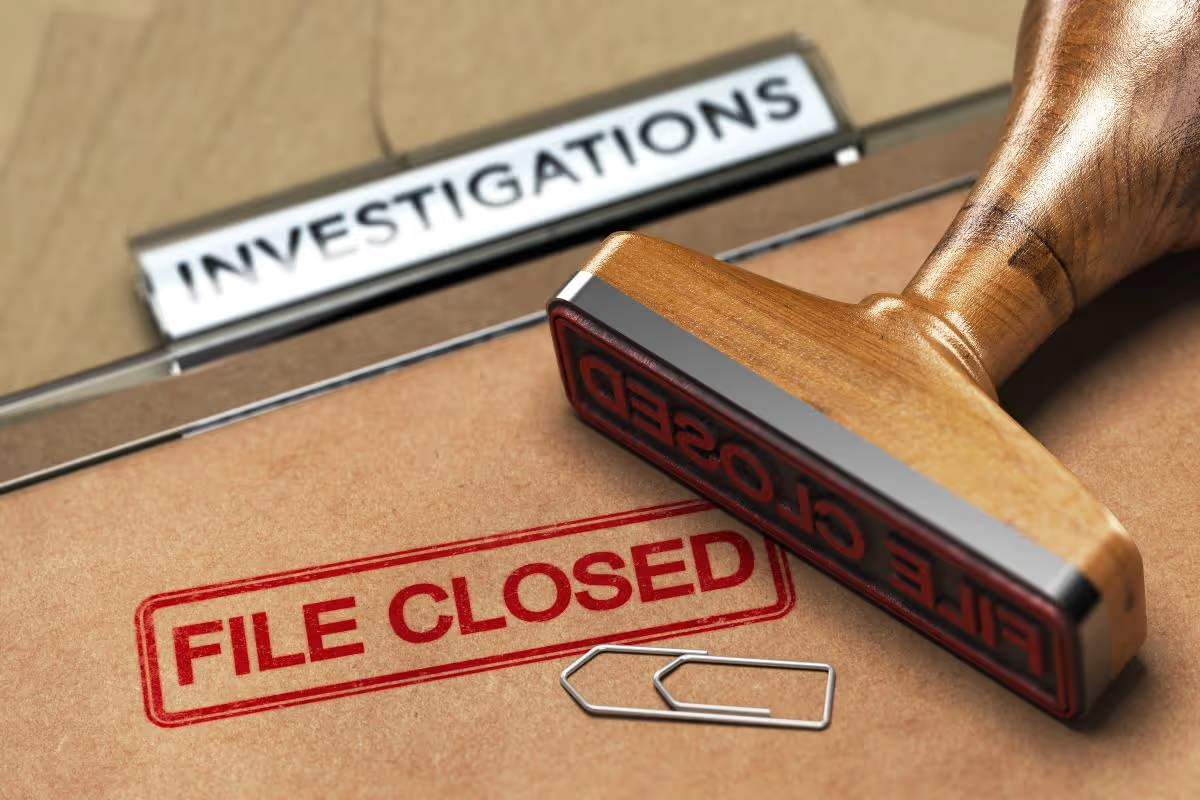How We Devise A Defence Strategy


If you’re under investigation or have already been charged, your mind will be racing with possible defences. A good criminal defence team will leave no stone unturned in their bid to get you the best possible outcome.
Here are the main factors they take into account when devising a defence strategy.
Evidence
Defence teams tackle the investigator’s/prosecution’s evidence at its core. If the strength of their main evidence is questioned, their case could crumble.
Strength of Evidence
The defence look at the strength of the evidence, including:
- Asking whether guilt has been inferred from evidence or if it’s actually a concrete fact?
- Questioning the reliability of the witnesses and their statements.
- Getting forensic evidence re-examined by a second, independent party.
- Questioning the quality of CCTV/audio evidence.
- Looking for contradictions between different pieces of evidence.
Absence of Evidence
The defence looks for gaps in the evidence. Investigators/prosecution are supposed to make the defence aware of any evidence that could work in their favour - they are not allowed to omit anything.
So, the defence’s job is to ensure that this evidence isn't hidden, and to fill in gaps in evidence to work in the favour of the defence.
Admissibility of Evidence
The defence looks at whether certain pieces of evidence should be admitted into the investigation/trial. If evidence was obtained improperly (e.g. through an unlawful search, an interview that didn’t follow proper procedures), then it should not legally be allowed in the case.
Mitigating Factors
Mitigating factors can be used in defence cleverly. They can be used to prove innocence (e.g. to suggest mistaken identity, etc) or to minimise the severity when a defendant is likely guilty.
Some mitigating factors the defence may use include:
- Demonstrating good character - no previous criminal history, great character references.
- Mental health / age / learning disability meant they didn’t understand their actions.
- You’ve shown remorse for your actions.
- You’ve sought rehabilitation to address offending behaviour.
- You were coerced into offending.
Procedural Issues
The defence can pick out procedural issues from the investigation and trial to undermine the prosecution.
These include:
- Unlawful stop, search, or arrest.
- Breaching the Police and Criminal Evidence Act (1984).
- Confessions made without proper caution / requested legal advice / under oppression.
- Failure to follow identification procedures (potentially leading to wrongful identification).
- Mishandling physical evidence meaning DNA analysis, etc is unreliable.
- Failure to disclose evidence resulting in an unfair trial.
- Abuse of process - serious misconduct by investigators/prosecution making a fair trial impossible.
- Breach of human rights.
- Failure to adhere to procedural time limits (e.g exceeding custody time limit).
Tactical Choices
If you and your defence team agree you have some degree of guilt, then defending complete innocence can backfire on you. Often, defence teams will be tactical about encouraging you to plead guilty (when you are) in order to secure better deals for sentencing.
The earlier you plead guilty, the better. You could get as much as ⅓ knocked off your sentence if you plead guilty at the earliest opportunity. It works on a sliding scale, so by the time your trial starts, you don’t get any reductions for pleading guilty anymore.
Your defence team can use a combination of pleading guilty early and mitigating factors to secure you minimal penalties for a conviction.
Facing a criminal investigation or trial?
You need the best possible defence to have the best chance of clearing your name or securing reduced penalties. Not only do you need a good defence, but you need a solid support system.
Holborn Adams can offer this. Our private-only criminal defence practice has over a decade of experience tackling some of the world’s highest profile cases.
Please contact us today to discuss your case.




